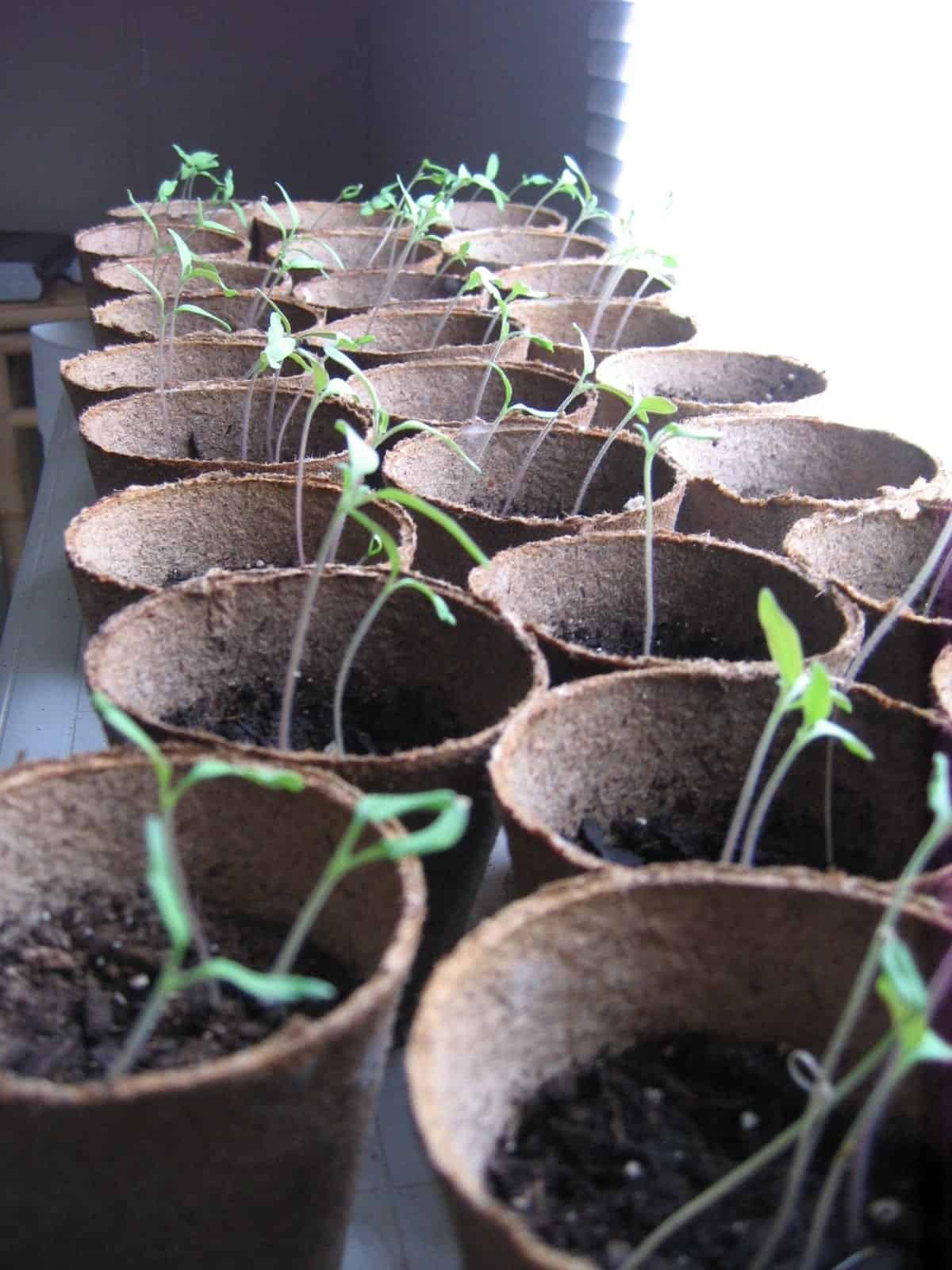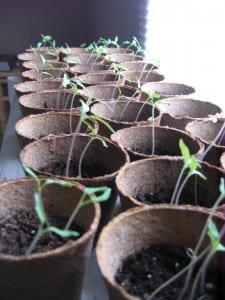Don’t be pro-GMO

Just when you thought it was safe to trust Monsanto.
Author: Benjamin Woolhead
The GMO issue has been blown out of proportion. Not that it isn’t important, because the implications of whether or not GMOs are bad for us and the world is a big deal, but the GMO debate is a small part of a much bigger, and scarier, picture. I can’t ignore the debate, however, so I will touch on some of the points brought up by a fellow student before I rip open the can on a much bigger issue.
In a recent article whose title compels the reader to “Be pro-GMO” (The Carillon, Vol. 57, No. 11, p. 17), I can’t help but shake my head at some of the claims used to back up the pro-GMO opinion. Now, to be fair, as for the alleged correlation between GMOs and an increase in diseases, I have to agree with the author of the article; there simply has not been enough time or study to really tell if there is a causal relation between the two. Well done.
But guess what? That same fact makes a joke of the argument for the existence of extensive data showing that GMOs are safe. If you are trying to convince me that giant corporations like Monsanto are doing their due diligence and erring on the side of cautious and comprehensive research on the effects of their products on people and the planet, and then being completely honest about those results, you must think I was born yesterday. This is the same entity that cares not for the small farmer, be it in India or Canada, who is trying to save his or her seed and to have some sovereignty over their farm. The same entity wants to make it illegal to save the farmer’s own well-earned seed so that he or she has to buy the patented Monsanto seed. An entity whose only motivation is profit cares not for the people it plows under the soil on its way to global food domination.
And the cheery assertion that ends the pro-GMO article makes humans seem like all-knowing beings whose profit-motivated actions can’t help but be for the betterment of everyone. Strange that we find we need to genetically modify crops to do things that they didn’t need to do before intensive input-driven industrial monoculture took over.
The main problem, really, is not about GMOs; it’s about the system that makes us think we need them. Our agriculture model, the so-called ‘green revolution’, is built on black, not green. It is built on a system of cheap, abundant oil. The party has been pretty decent, at least for us in the global north and west. But the party is ending and even the UN Conference on Trade and Development has recognized that we need to “Wake Up Before It Is Too Late,” as they titled their Trade and Environment Review 2013. Our agriculture system is reliant on massively unsustainable inputs. GMOs are just a product of this system that can’t feed us for much longer. We have to change our thinking.










